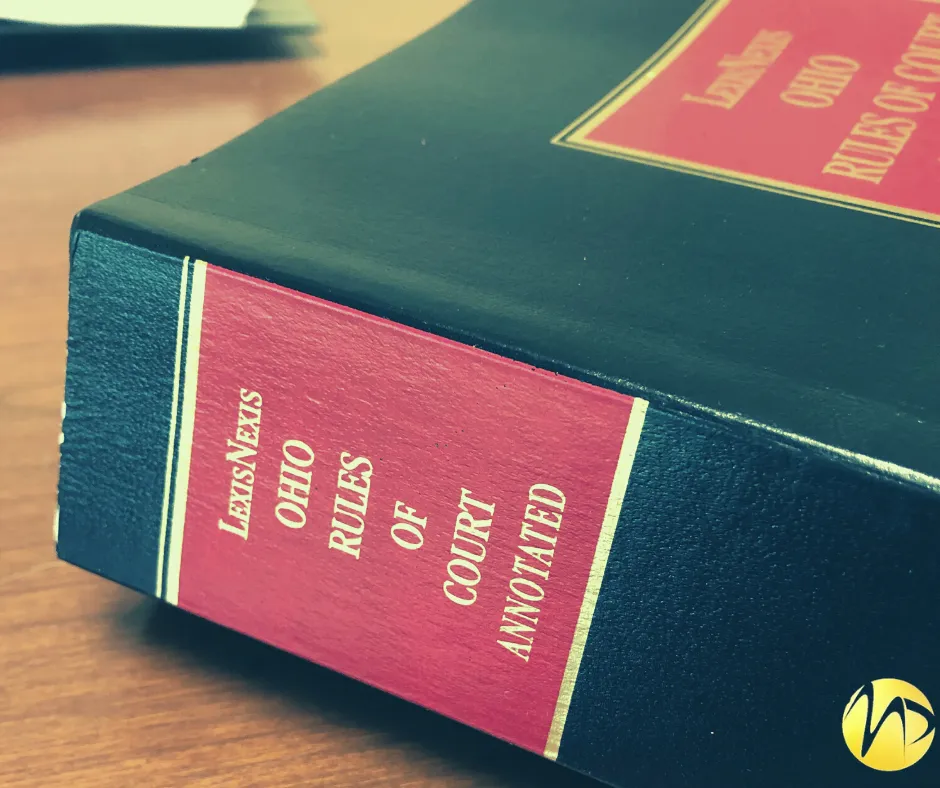OHIO AMENDMENTS TO PROCEDURAL RULES – EFFECTIVE JULY 1, 2020

On July 1, 2020, the Supreme Court of Ohio’s recent amendments to Ohio’s Rules of Practice and Procedure will take effect. It is vital that attorneys and law firms are aware of these changes and are prepared to practice law in accordance with them. At Milligan Pusateri, we are primarily focused on civil litigation. We have made sure our attorneys understand the significant changes to the civil rules, which is key to ensuring that our clients are represented exceptionally.
The amendments to the Ohio Rules of Civil Procedure, particularly to Rules 16 and 26, which govern pretrial discovery in civil matters, align the Ohio rules with the federal rules in regard to discovery practice. Amended Rule 16 lays out new provisions for pretrial procedure and scheduling orders entered by the court, while amendments to Rule 26 considerably alter the discovery process. The changes and additions to Civil Rule 26 are outlined in detail below:
Rule 26(B)(3), which closely follows the federal rule, will require parties to submit initial disclosures by providing certain information upfront before any written discovery requests are exchanged.
Rule 26(B)(1) regarding the scope of discovery, adds new language that contemplates greater judicial involvement and management in the discovery process and puts a collective responsibility on the parties and the court to consider the “proportionality” of all discovery and consider it in resolving disputes.
Under Rule 26(F), parties will now be required to meet and confer to discuss issues about proportionality, i.e., weighing the importance of certain documents or information necessary to one party’s issues versus the expense and undue burden imposed on the other party in gathering the requested documents or information. Once the discovery meeting has taken place, the parties must file a joint discovery plan with the court outlining the discussion and any issues that may have arose during the parties’ discovery meeting.
There are also amendments to Rule 26(B)(7) regarding expert witnesses. These amendments now uniformly require the production of written expert reports by any expert witness whom a party intends to testify at court, with plaintiffs being required to produce expert reports before the defense. The rule also clarifies that treating physicians used as expert witnesses can submit their practice’s relevant medical records in lieu of producing a report.
The amendments to the civil rules also add a provision regarding waiver of service in civil cases filed with the Court of Common Pleas (Rule 4.7).
Other amendments have also been made to appellate procedure, which includes modifications to the length of written briefs and a reduction to the time each side has at oral argument; the Rules of Evidence; and the Rules of Criminal Procedure, which includes an amendment to Criminal Rule 46, which governs bail, bond, and pretrial release in a criminal case. There have also been changes made to the Rules of Juvenile Procedure regarding appointment of counsel and the process for a minor to seek a marriage license.
written by Attorney Jenna McKean

